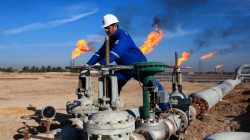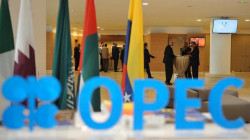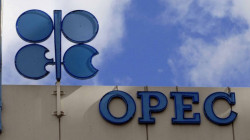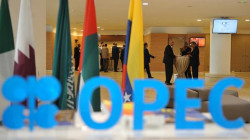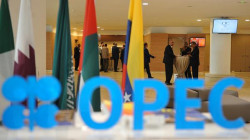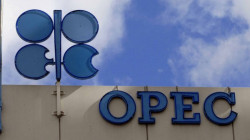OPEC+ crude oil output rises in December, while Iraq lowers production; S&P survey
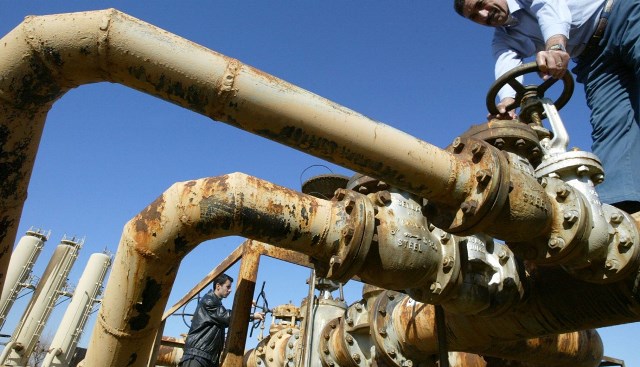
Shafaq News/ OPEC and its allies increased crude oil production by 140,000 b/d in December, the latest Platts survey by S&P Global Commodity Insights found.
OPEC's 13 countries pumped 28.98 million b/d in December, an increase of 110,000 b/d from November, led by Nigeria, while 10 non-OPEC partners including Russia added 13.73 million b/d, a rise of 30,000 b/d.
Combined, the alliance produced 42.71 million b/d in the month.
Russian volumes wobbled slightly to 9.86 million b/d in the month, down just 10,000 b/d, the survey found. Although its crude exports were crimped severely by new sanctions, Russia boosted runs at its refineries and filled its storage facilities to keep its taps flowing, survey participants said.
Nigeria, meanwhile, saw major recoveries in its loadings of major grades Forcados and Brass River, while maintenance at the Bonga Field was completed in mid-November.
The country, which said it is also tackling rampant oil theft that has hampered exports and resulted in significant spills, produced 1.33 million b/d in December, its highest since April.
Despite the overall increase, the alliance's output still massively lags its production targets, with the gap at 1.80 million b/d in December, according to S&P Global calculations, as most members face technical or financial difficulties in sustaining output.
The group agreed in October to slash quotas by 2 million b/d from November through the end of 2023, to get ahead of what it saw as falling oil demand and the prospect of recessions in key economies, angering several consuming countries, most notably the US.
That the EU was on the verge of enforcing an embargo against Russian seaborne imports starting Dec. 5 did not sway the producer bloc, which reaffirmed the decision at its Dec. 4 meeting.
A nine-country OPEC+ monitoring committee co-chaired by Saudi Arabia and Russia will meet Feb. 1 to review market conditions and recommend any changes to production policy, if needed.
Since the quotas were cut, Platts-assessed Dated Brent has fallen from above $100/b in early November to below $80/b in recent days.
OPEC kingpin Saudi Arabia pumped 10.48 million b/d in December, a slight month-on-month rise, the survey found, while second largest member Iraq produced 4.46 million b/d, down a touch from November.
The Republic of Congo saw the largest fall, at 40,000 b/d in the month, with maintenance on a key field, according to the survey.
With most OPEC+ members pumping as much as they technically can, while Saudi Arabia, the UAE, Iraq and Kuwait -- the only countries with spare capacity -- maintain discipline under the quota cuts, Russia remains the biggest wildcard for the group.
Its energy industry has been in the crosshairs of western powers over its invasion of Ukraine, with various measures imposed to try and limit Moscow's earnings from hydrocarbon sales, which have significantly altered oil and gas flows globally.
As a result of the EU embargo, Russian-origin crude loadings from Russian ports tumbled 431,000 b/d, or 14%, in December from November levels, according to tracking data from S&P Global Commodities at Sea.
The G7's $60/b price cap on Russian cargoes, also implemented Dec. 5, has yet to have a major impact, with key grade Urals trading well below that price in recent weeks.
But Moscow's reliance on its refineries and storage facilities to absorb production could be majorly limited once the EU's planned ban on Russian refined product imports goes into effect Feb. 5.
Russian oil supply disruptions are seen hitting 1 million b/d by March, according to analysts with S&P Global.
